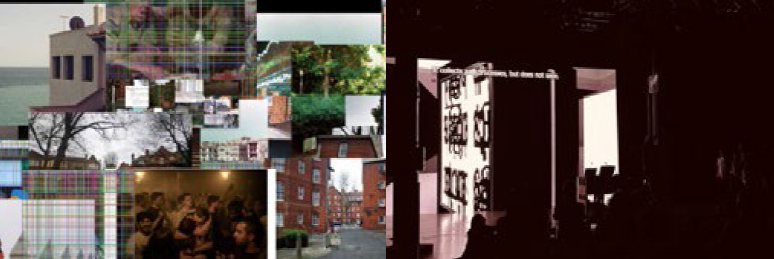The Symbols of the Divine: Approaching a Post-human Ontology of Digital Design via the Study of Discards
DOI:
https://doi.org/10.46516/inmaterial.v7.142Keywords:
Interaction design;, infrastructure, post-human design;, discards, ontologyAbstract
Thinking about design in post-human terms (Forlano, 2017) challenges designers to consider the effects of their designs on the more-than-human world, and in particular to consider non-human actors as users of our designs (Forlano 2017, Cruickshank & Trivedi 2017). However, the post-human turn also calls into question the modernist assumption that “good design” is predicated on notions of instrumental use, which underpins user-centred design, the dominant perspective in digital and interaction design. I propose an alternative, based on Willis’s ontological designing (Willis 2006) and Yuk Hui’s digital ontology (Hui 2016), which highlights the role of ongoing care and maintenance in the ontology of the digital, and argue that discards, and in particular digital discards, have a peculiar ontological status within this theory which offer promise for future study of digital design beyond instrumental use, and it’s entanglements with the more-than-human.
Downloads

Published
How to Cite
Issue
Section
License
Copyright (c) 2022 Tim Cowlishaw

This work is licensed under a Creative Commons Attribution-ShareAlike 4.0 International License.






